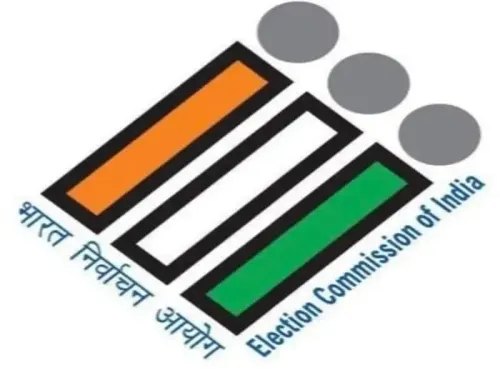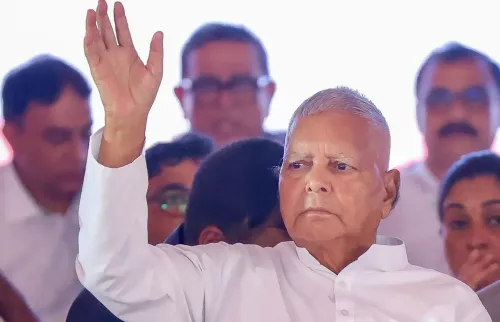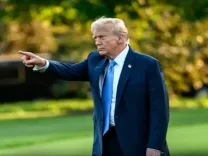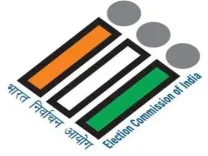Is India Ready to Lead in Supply Chain and Logistics?
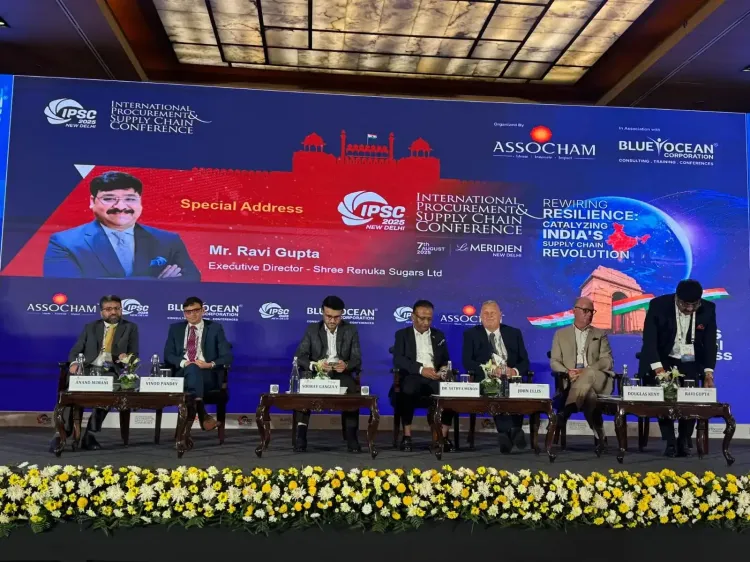
Synopsis
Key Takeaways
- India is focusing on becoming a global leader in supply chain and logistics.
- Collaboration between industry and academia is crucial for success.
- Transitioning from cost-driven to value-based logistics is essential.
- Empowering youth will drive the future of the supply chain sector.
- Strategic procurement practices are necessary for global competitiveness.
New Delhi, Aug 7 (NationPress) In the wake of India's rapidly evolving logistics and procurement sector, the International Procurement and Supply Chain Conference (IPSC) was convened by the Blue Ocean Corporation alongside industry association ASSOCHAM, aiming to position the nation for a prominent role on the global stage.
Anand Mimani, CEO of Greenline Mobility Solutions and Co-Chairman of ASSOCHAM's Logistics and Warehousing Council, highlighted the necessity of robust supply chain and procurement frameworks to meet India's economic aspirations.
He pointed out the pressing need to rethink supply networks as catalysts for resilience, innovation, and equitable access across various sectors, aligning with the vision of an advanced India.
To establish India as a global frontrunner, Satya Menon, Group CEO of Blue Ocean Corporation, stressed the importance of developing a cohesive, skilled, and technology-driven supply chain.
Menon noted that the organization is collaborating with leading Indian universities to integrate global standards of supply chain education into their curricula, ensuring that this vital knowledge is nurtured from classrooms to boardrooms.
John Ellis, COO of Blue Ocean Corporation, remarked on the strong and evolving partnership between the UK and India. He stated that while the UK offers strategic insights, India is making a tangible impact through its leaders and innovators who are driving change.
The Indian logistics and supply chain sector is transitioning from a cost-driven model to a value-oriented approach, according to Vinod Pandey, Chairman of ASSOCHAM's Manufacturing and Capital Goods Council.
Panday emphasized that for India to confidently compete on the global stage, procurement practices must evolve to be more strategic, sustainable, and technologically advanced.
Offering a unique perspective, Sourav Ganguly, a board member of Blue Ocean Corporation and former Indian cricket captain, shared insights from his leadership experiences. He highlighted the importance of collaboration and vision in both business and sports.
The former cricketer expressed his belief that India possesses the potential to be a global leader in logistics and supply chain, underscoring the necessity of empowering youth to spearhead this transformation.
The IPSC conference acted as a crucial platform for industry leaders, policymakers, and educators to synchronize strategies and expedite India’s journey towards becoming a global supply chain powerhouse.


